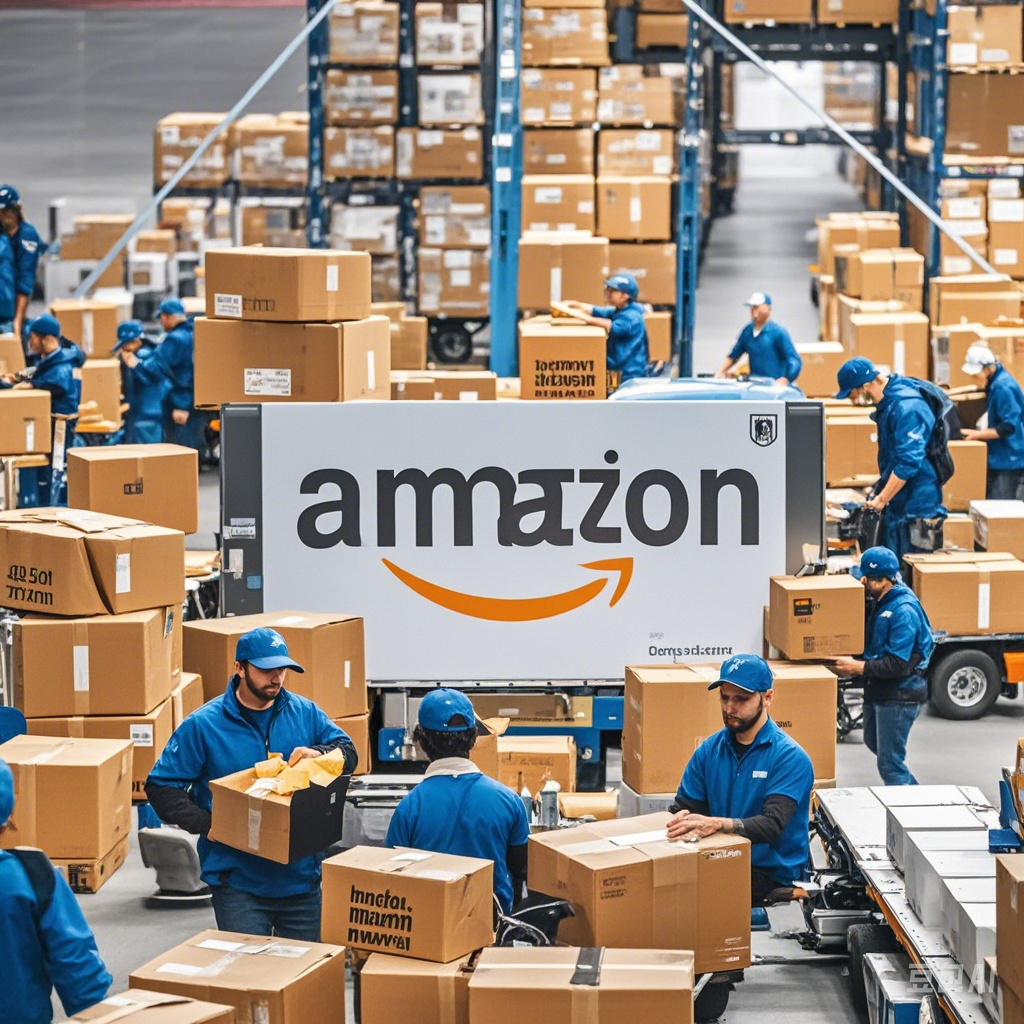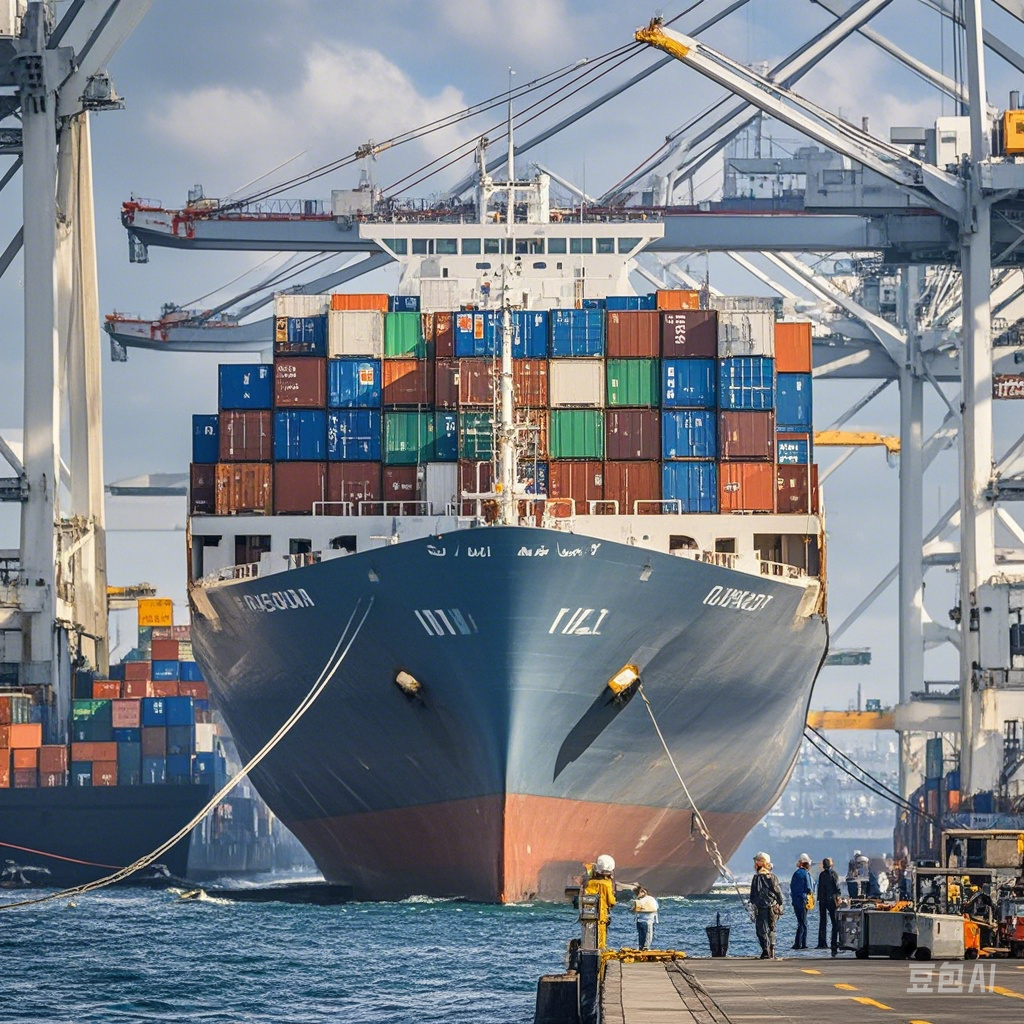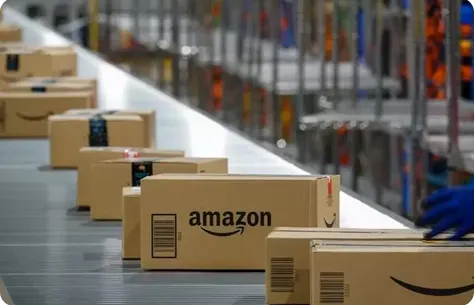In the ever-evolving e-commerce landscape, Amazon's FBA (Fulfilled by Amazon) service plays a crucial role. The company's continuous adjustments to FBA fees have far-reaching implications for both sellers and the international freight forwarding industry.
The Background of Fee Adjustments
In December 2023, Amazon made a significant move in adjusting its FBA fees. While the basic FBA fees were reduced to some extent, two new fees were introduced - the inbound distribution service fee and the low inventory level fee. This strategic shift by Amazon was aimed at optimizing its logistics operations and incentivizing merchants to manage their inventory in a more distributed manner. The low inventory level fee, in particular, was designed to encourage sellers to spread their FBA inventory across multiple distribution centers rather than concentrating it in a single location. This not only helps Amazon balance its warehouse utilization but also potentially improves the overall efficiency of its fulfillment network.
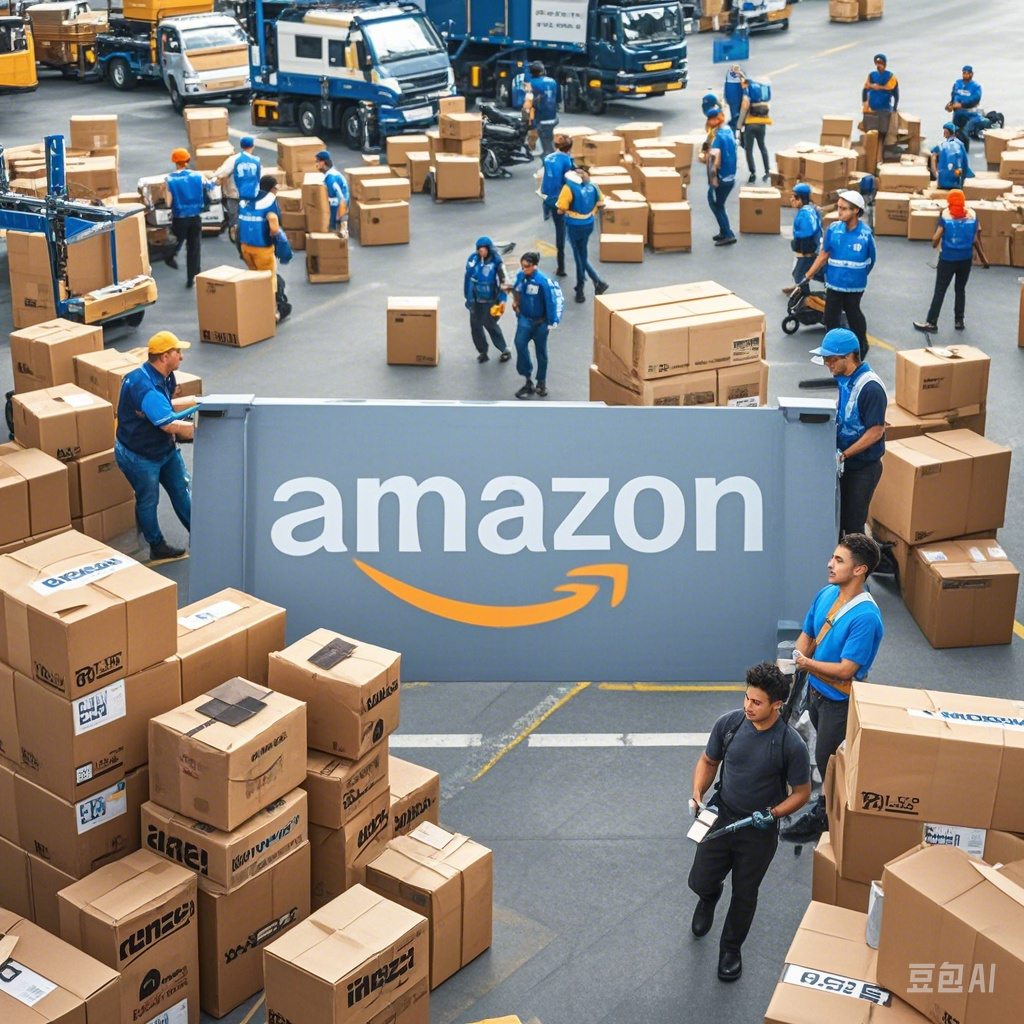
Challenges Faced by Sellers
For sellers, these fee adjustments have brought a series of challenges. Firstly, those dealing with low-value products and small items are hit the hardest. The already thin profit margins for such products are further squeezed by the increased configuration fees. Take the sellers of small electronic accessories, for example. These items often have a relatively low selling price, but with the new fee structure, the cost of using the FBA service has increased significantly, making it difficult for them to maintain a profitable business. Many sellers have expressed their frustration and concerns in various online communities, sharing their experiences of how these fee changes have impacted their bottom line.
Secondly, the new fee structure has forced sellers to rethink their shipping strategies. Some may consider alternative shipping methods that could potentially offer more cost-effective solutions. For instance, some sellers may explore collaborating with regional logistics providers or using a combination of different shipping channels to reduce costs. However, switching shipping methods also comes with its own set of challenges, such as the need to establish new partnerships, adapt to different service levels, and manage the complexity of multiple logistics channels.
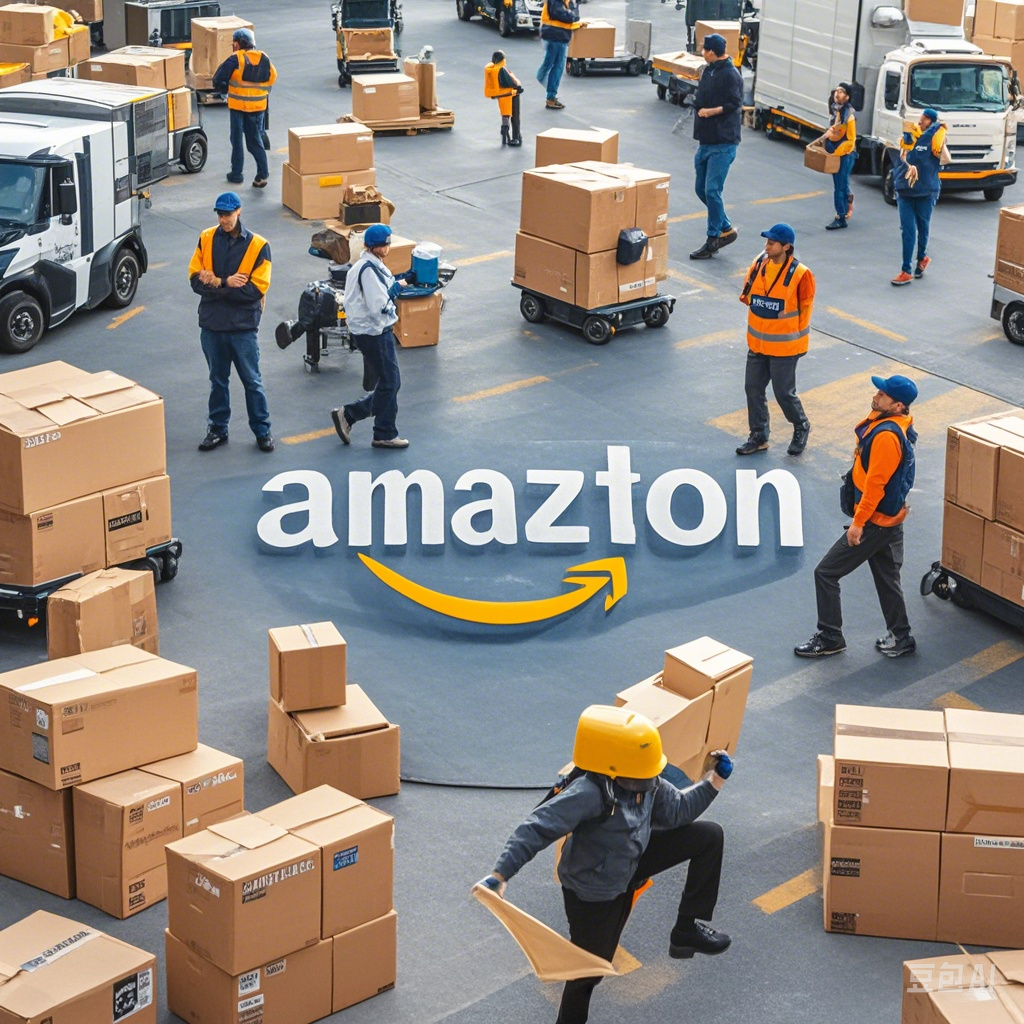
Impact on International Freight Forwarders
From the perspective of international freight forwarders, they also need to adapt to these changes. On one hand, they have to communicate with Amazon to understand the new fee policies and requirements in a timely manner. This is essential for them to provide accurate information and advice to their clients. For example, freight forwarders need to be able to explain to sellers how the new fees will affect their overall logistics costs and help them make informed decisions. On the other hand, they need to optimize their own logistics routes and services to help sellers reduce costs. This could involve negotiating better shipping rates with shipping companies, improving warehousing and distribution efficiency, and developing more flexible logistics solutions. For instance, by consolidating shipments from multiple sellers, freight forwarders can achieve economies of scale and reduce the per-unit shipping cost for their clients.
Moreover, the increased complexity of Amazon's FBA fee structure also requires freight forwarders to enhance their risk management capabilities. As sellers may be more inclined to explore different shipping options in response to the fee adjustments, freight forwarders need to assess the risks associated with these new strategies and ensure the smooth delivery of goods. This includes monitoring the reliability of alternative shipping channels, managing potential delays or disruptions, and providing contingency plans in case of unexpected events.
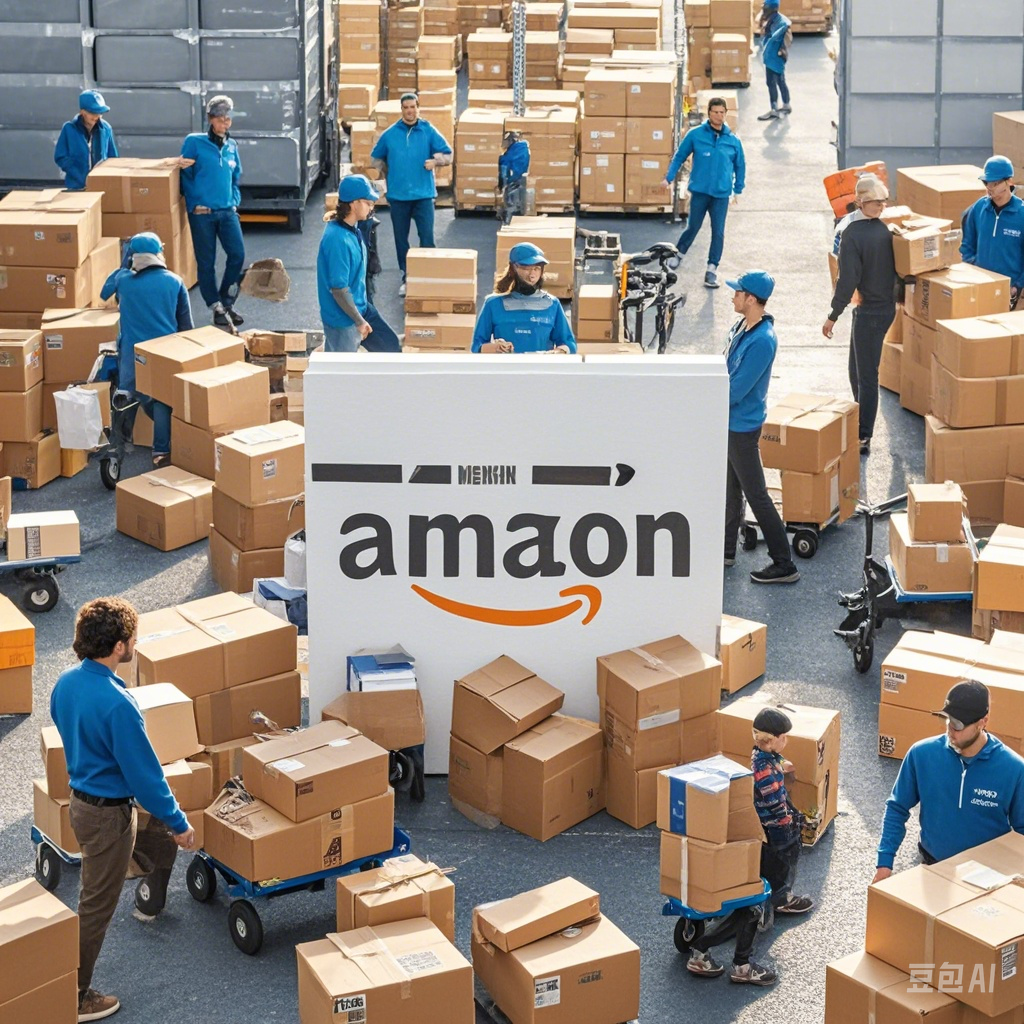
The Future Outlook
In general, Amazon's FBA fee adjustments are a double-edged sword. While it helps Amazon enhance its operational efficiency and profitability, it also poses challenges to sellers and prompts the international freight forwarding industry to continuously improve and adapt. Looking ahead, the relationship between Amazon, sellers, and freight forwarders will continue to evolve. Amazon will likely continue to refine its fee policies based on market conditions and its own business needs, while sellers and freight forwarders will need to strengthen their cooperation and innovation to cope with the changing logistics landscape. Only by working together can they achieve a more sustainable and efficient e-commerce supply chain.




